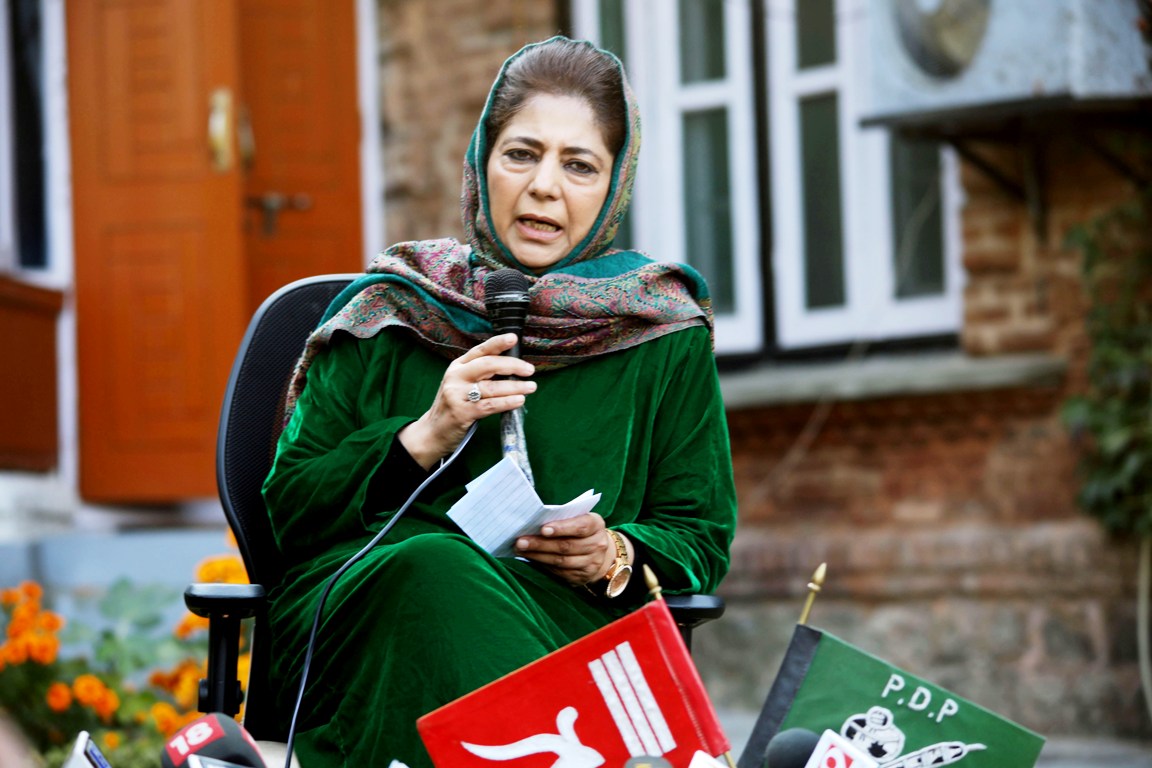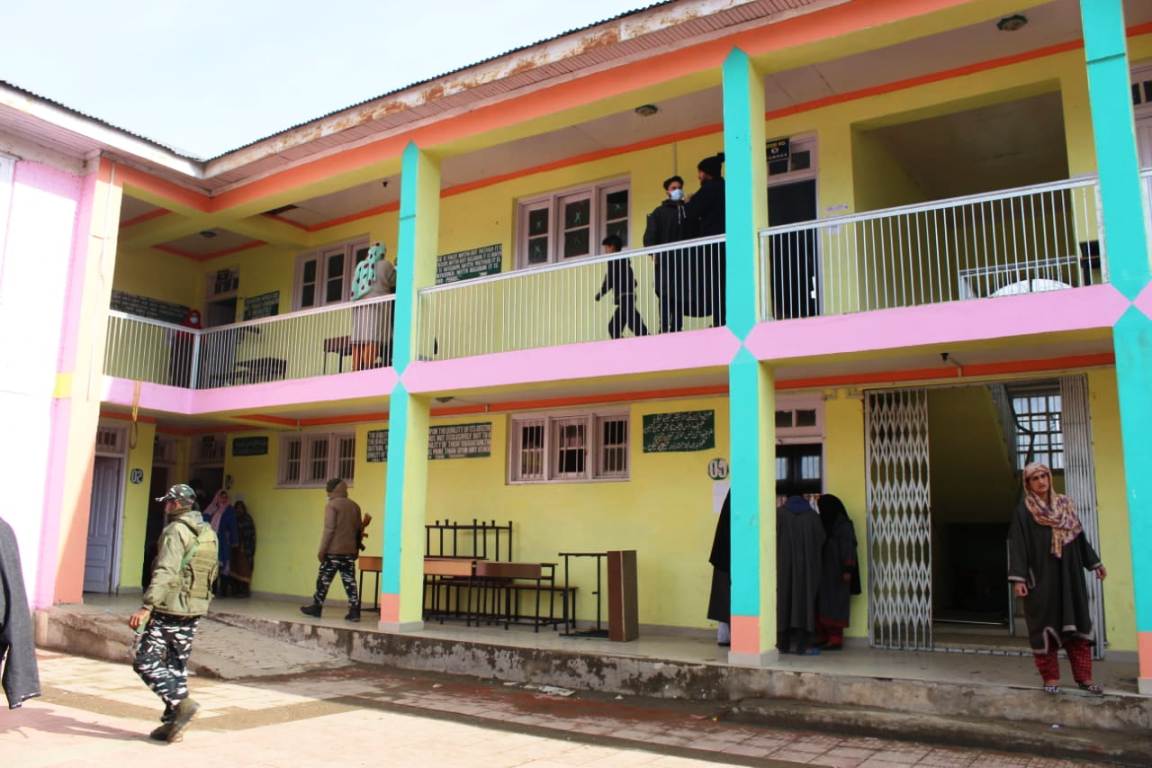SRINAGAR: Jammu and Kashmir High Court has sought comments from the government as to how the system of adhocism can be put to an end and all recruitments and promotions are made strictly in terms of the rules and not on in-charge basis.
A bench of Justices Rajesh Bindal and Rajnesh Oswal issued a slew of direction in this regard to the government, underling that this system is being followed despite depreciated by the Supreme Court way back in 2000.
“What is seen in the then State of J&K and now the UnionTerritory of J&K is that the judgment of the Supreme Court is being complied with less and violated more, as practised in all the departments, promotions are being made on in charge basis,” the court said, adding, “This practice is prevalent more in Engineering Department. The reasons therefor are not unknown.”
How an employee, who is substantively working on the lowest post, can be given the charge of the highest post in the department without there being regular promotions, the court said. “No one knows their seniority position. It is the local adjustment made claiming that he is senior-most available and there being a vacancy, he should be given charge of that,” the court said, stressing that these employees continue working on that post for years together and whenever any transfer is sought to be made, they approach the court and persuade to grant interim relief and as a result of that, continue on the same position for years together.
“This course adopted by the different departments is generating avoidable litigation as many of the employees approach the court raising the plea that they are senior to the person who has been given charge of some higher post,” the court said, adding, “Not only this such a course also demoralizes other employees in the department. This is resulting in adhocism in the working of different departments of the government.”
The duties, which are required to be discharged by senior and experienced persons is being handed over to the juniors, the court said as per Global News Service. “Another facet of this system is that the employees already in service don’t let the posts of direct recruitment filled up and usurp the same by adopting this system. With this practice being followed, the very object of having fresh talent at different levels in the department is defeated,” the court said, adding, “This also results in delayed recruitments and as a result, many of the eligible candidates may be over age by the time vacancies are advertised. There are many more issues which arise out of this illegal practice being followed.”
The court said that the Supreme Court in 2000 had ordered constitution of a High-Level Committee to be appointed to examine the entire issue.
“The report of the committee so appointed be also placed before the Court,” the court said and sought details regards the total sanctioned cadre strength in each of the cadres, the notified service Rules governing the post, number of posts to be filled up from different sources, such as direct, promotional (giving source of feeder cadre wise, wherever relevant), deputation etc, number of actual employees working in each of the cadres, whether the incumbents holding the posts are regularly recruited or promoted as per Rules or given charge of the post concerned, If any of the employees has been given charge of a higher post, the date from which he is continuing on that post and the substantive post held by him and seniority list of each cadre, as on which date and when the same was circulated before finalization. If any of the seniority lists are still under finalization, reasons for the delay. (GNS)














